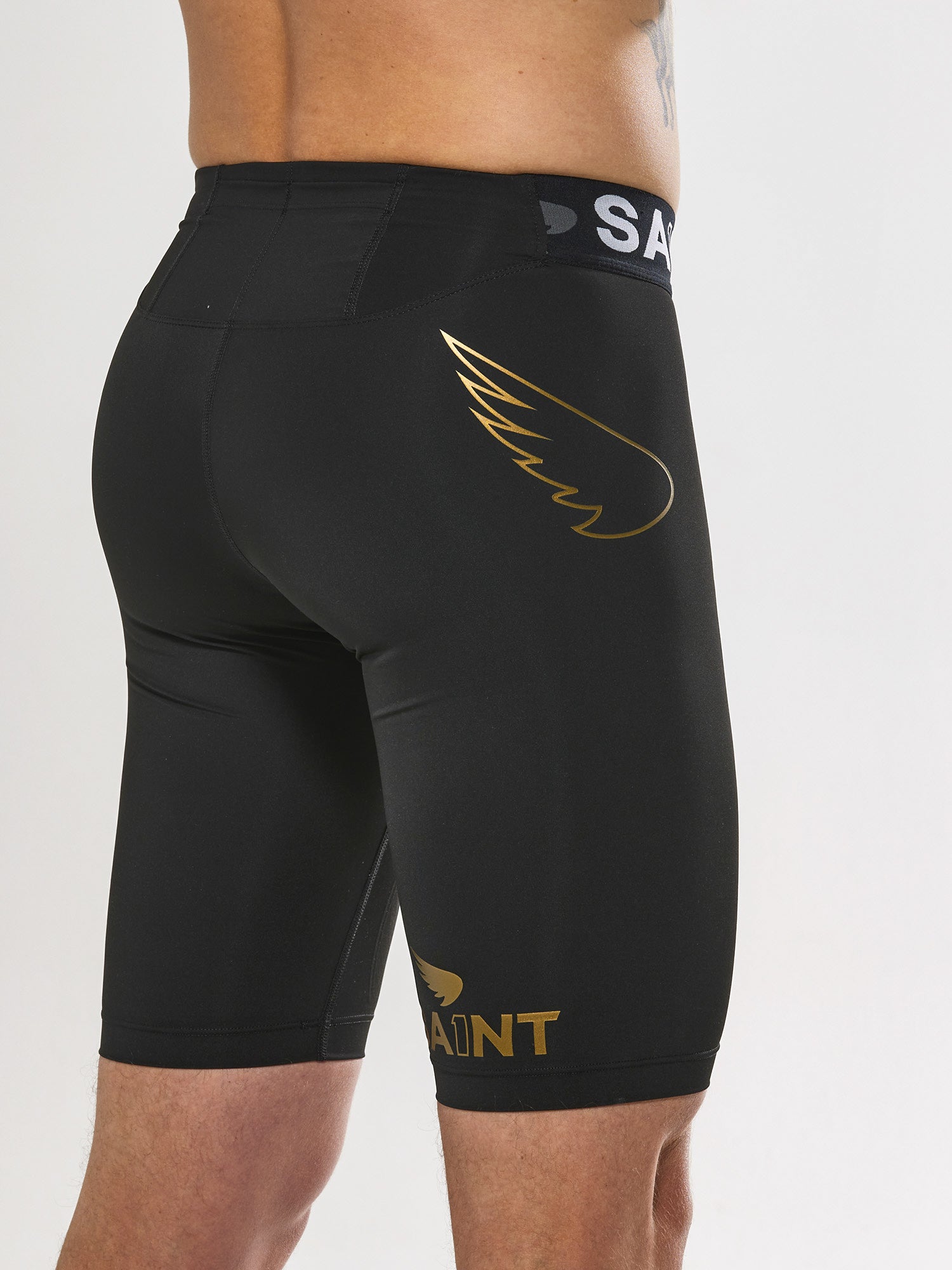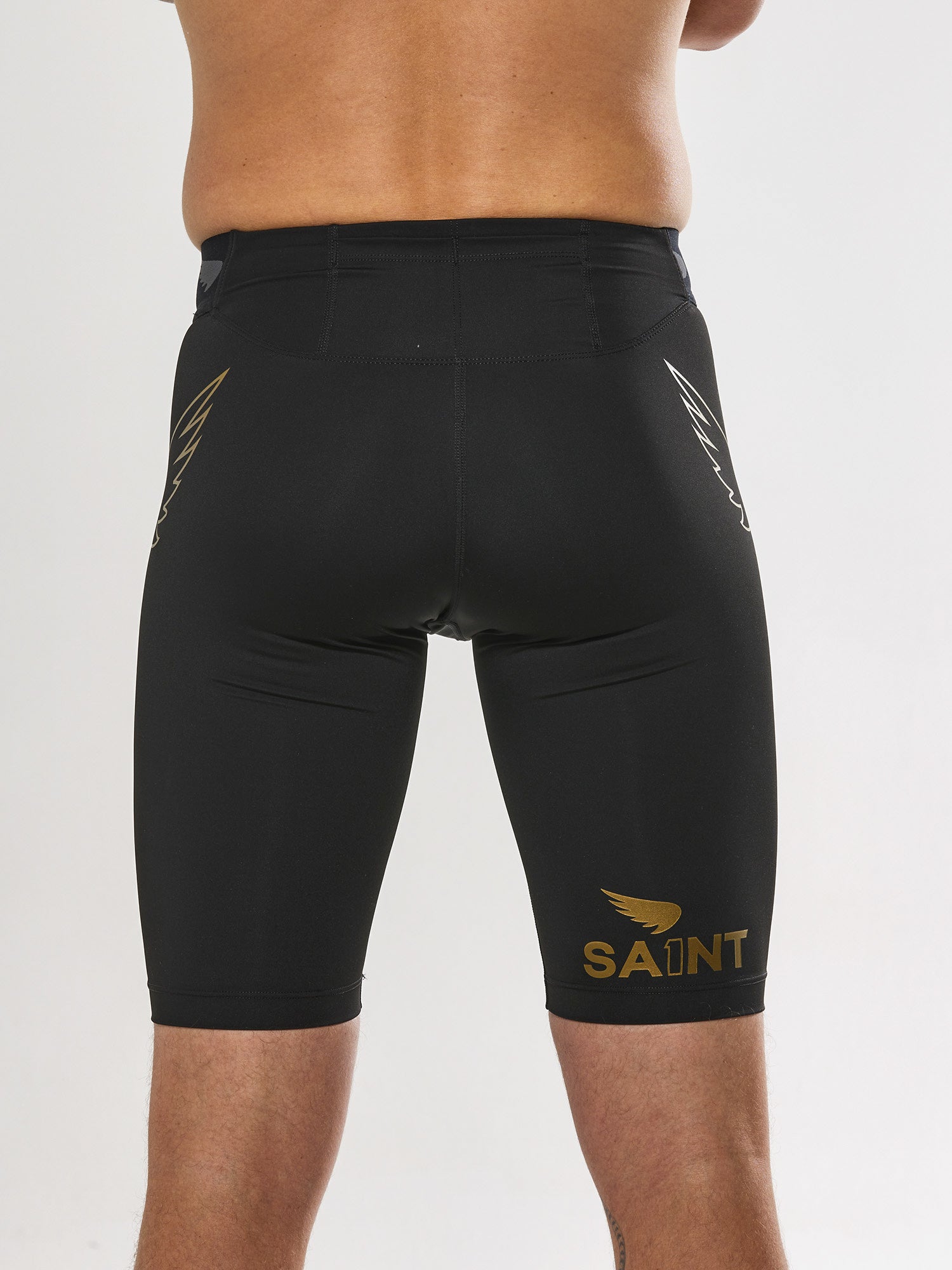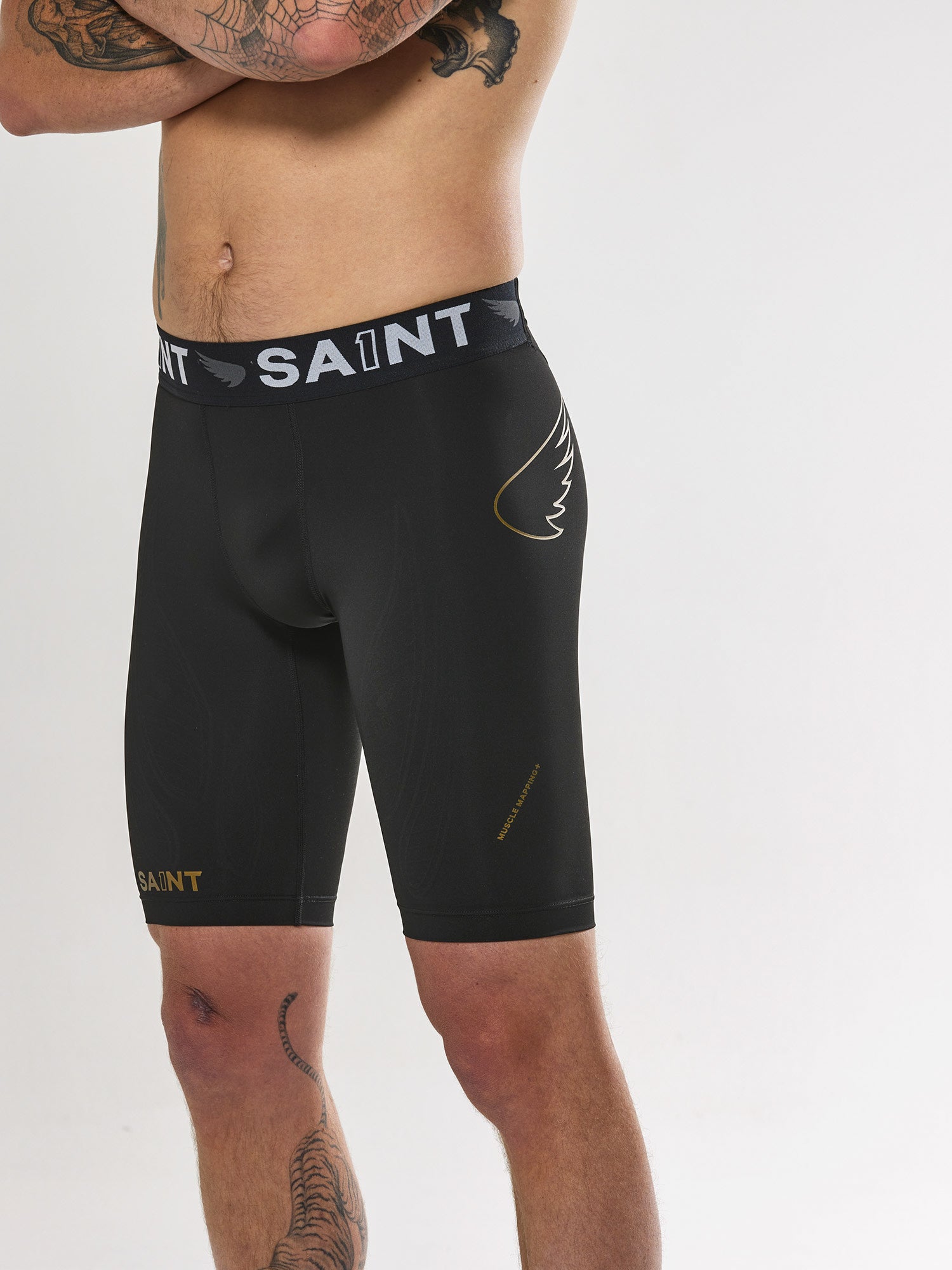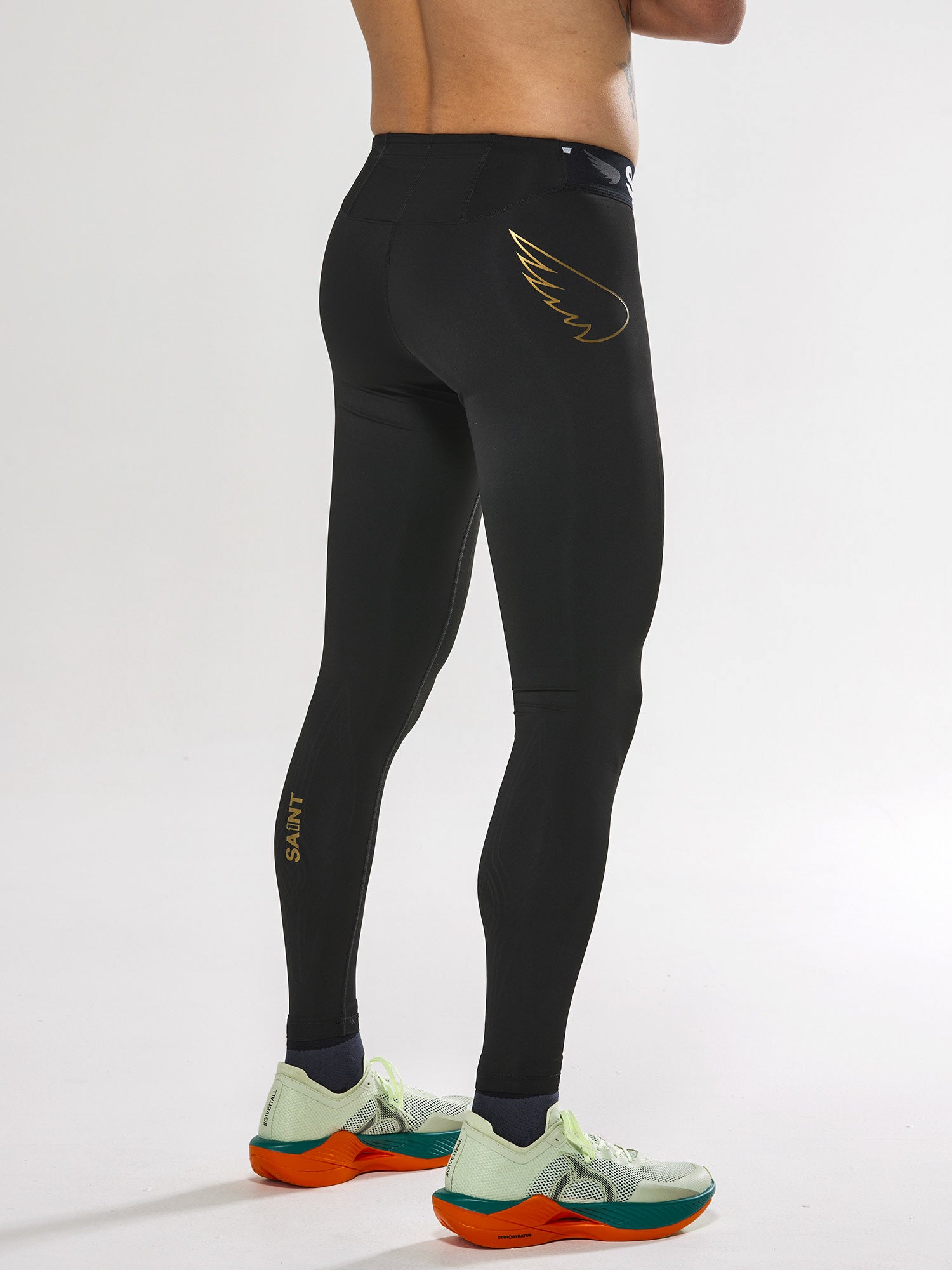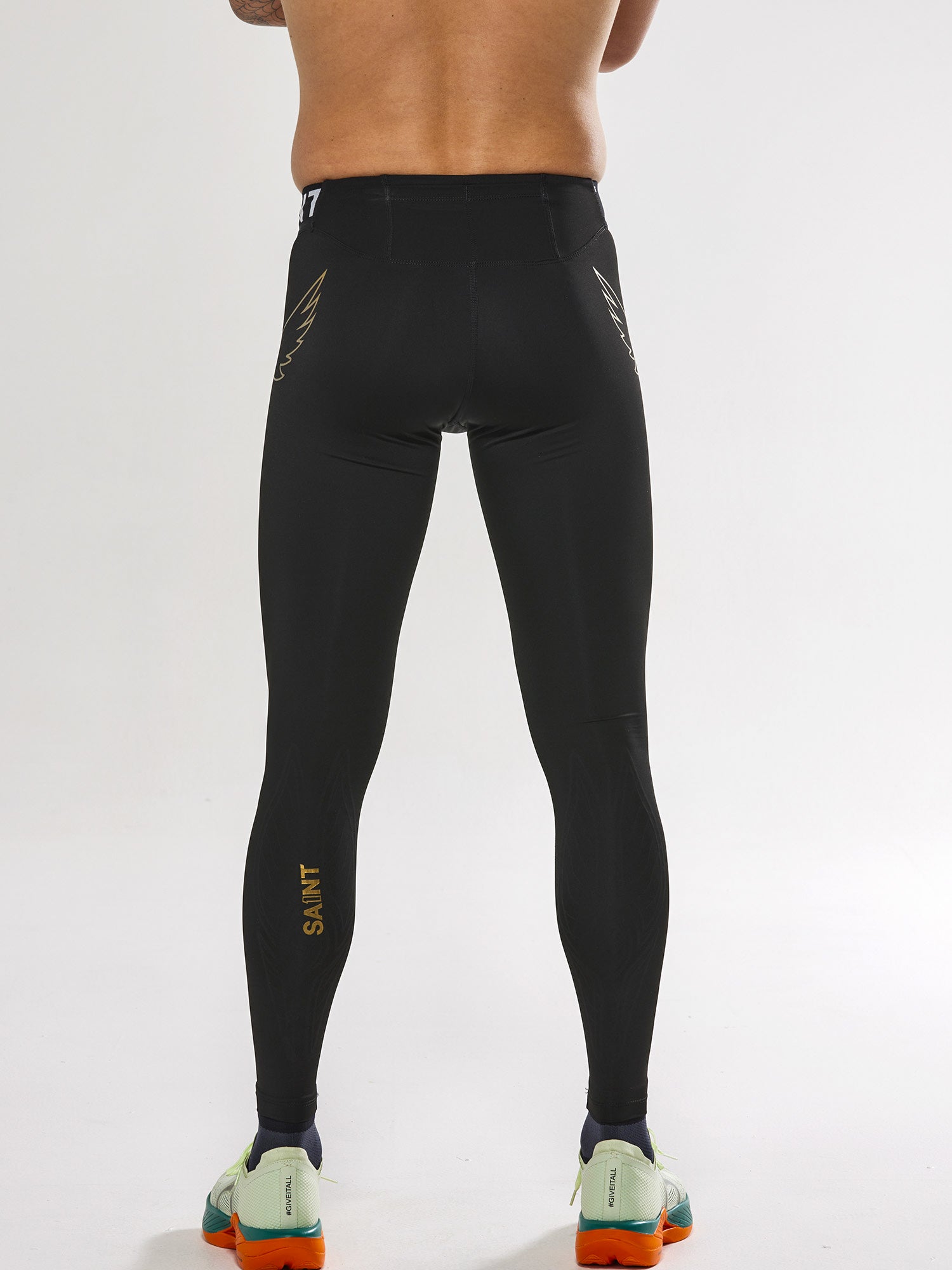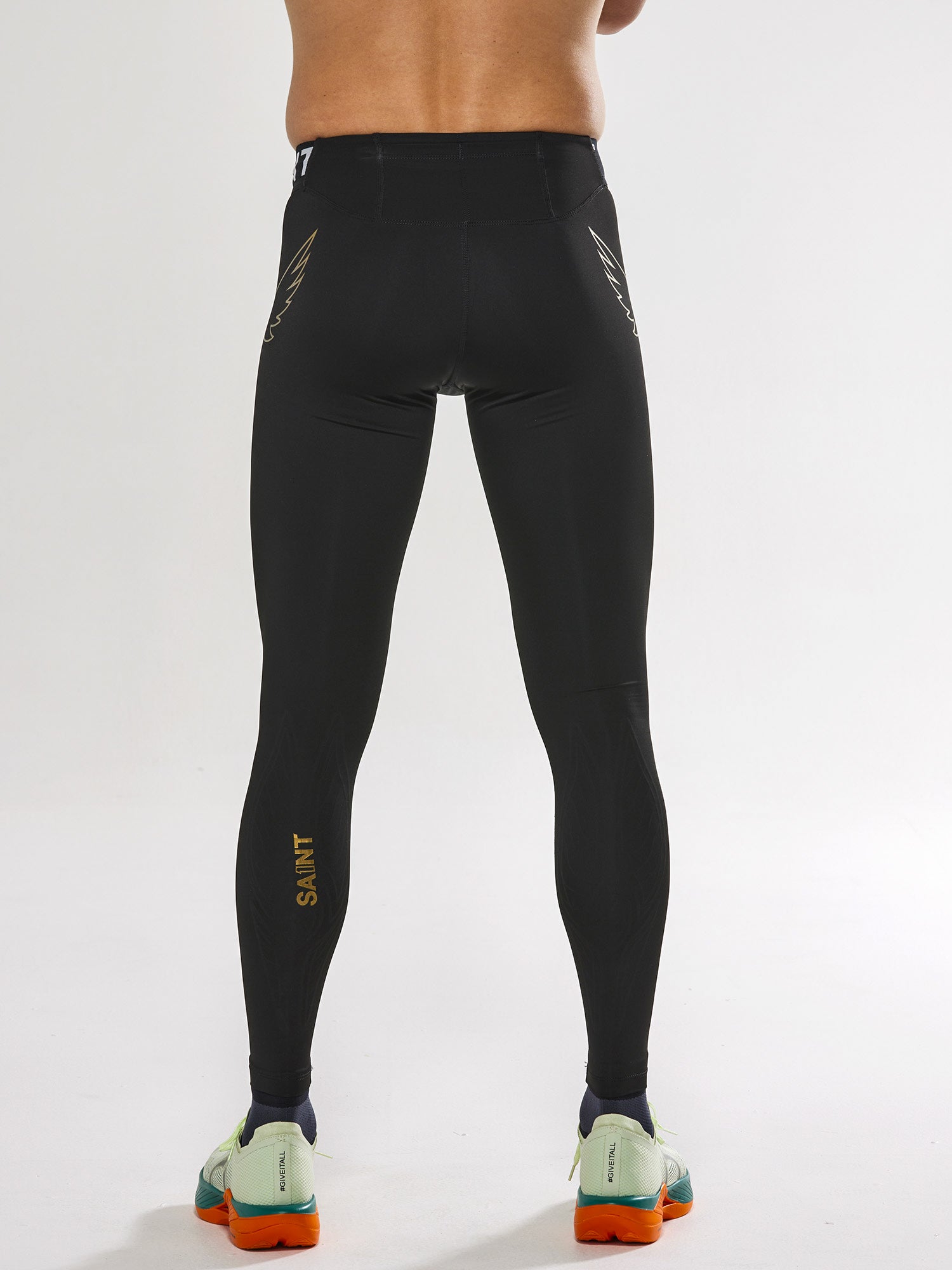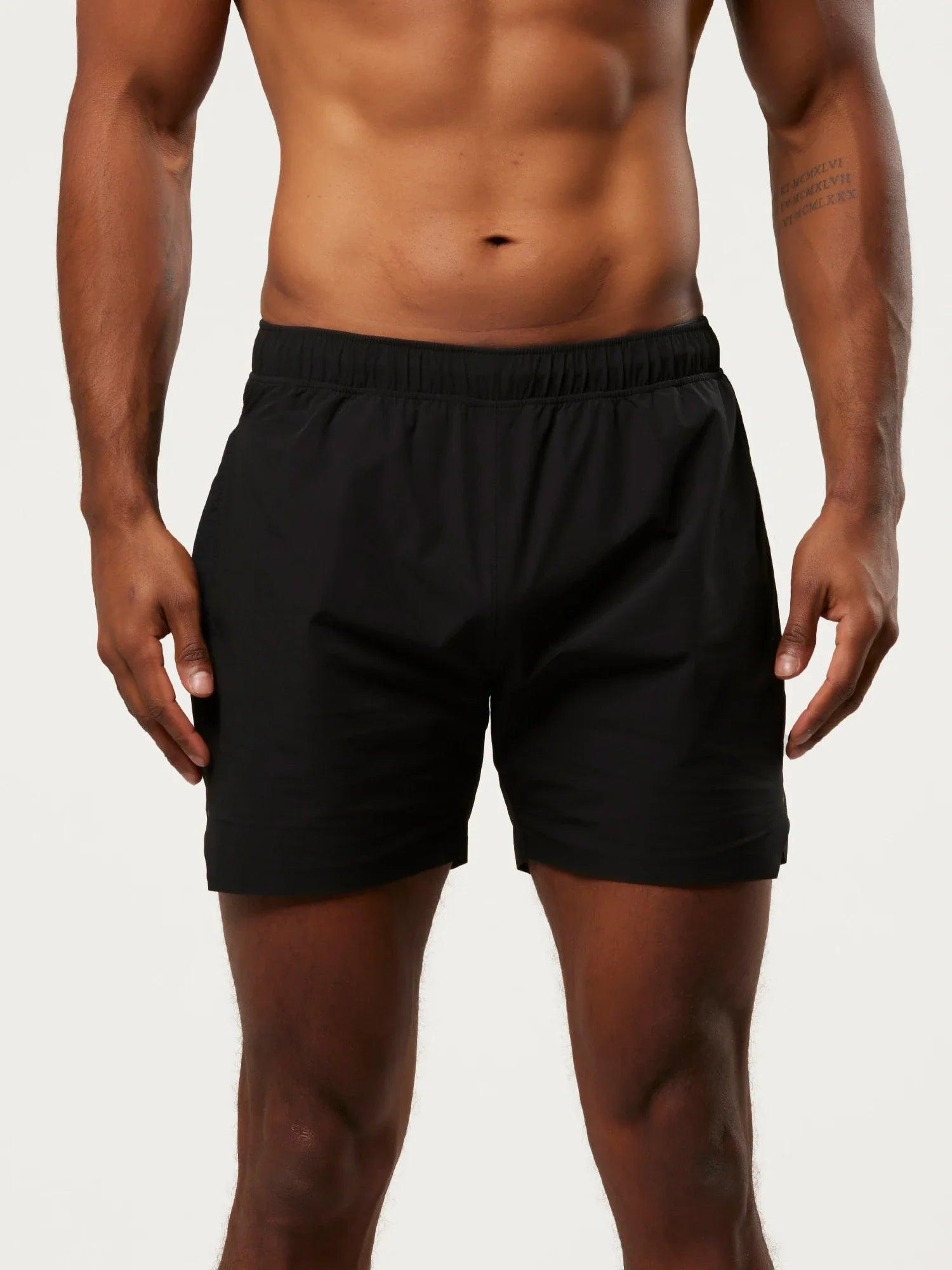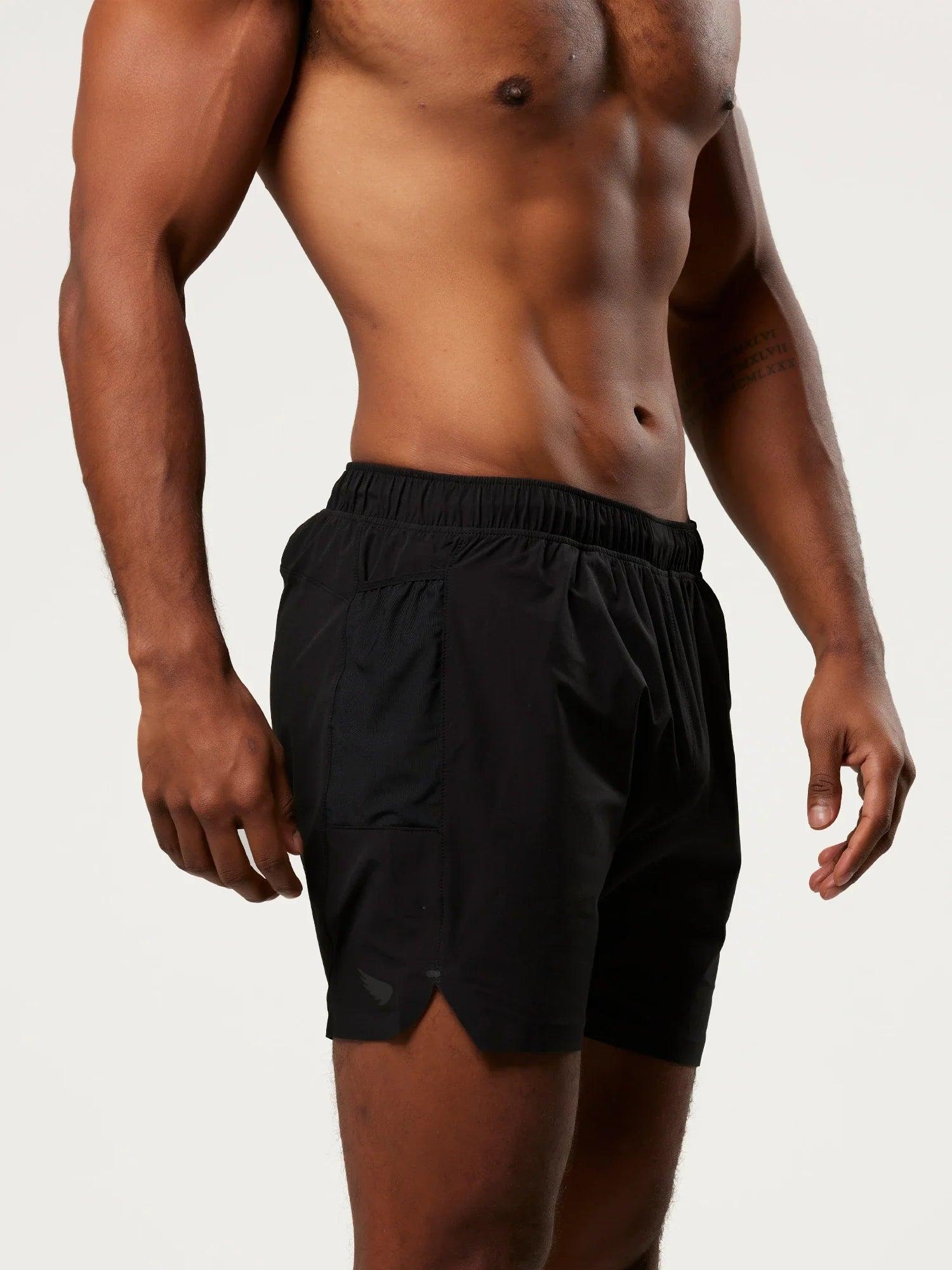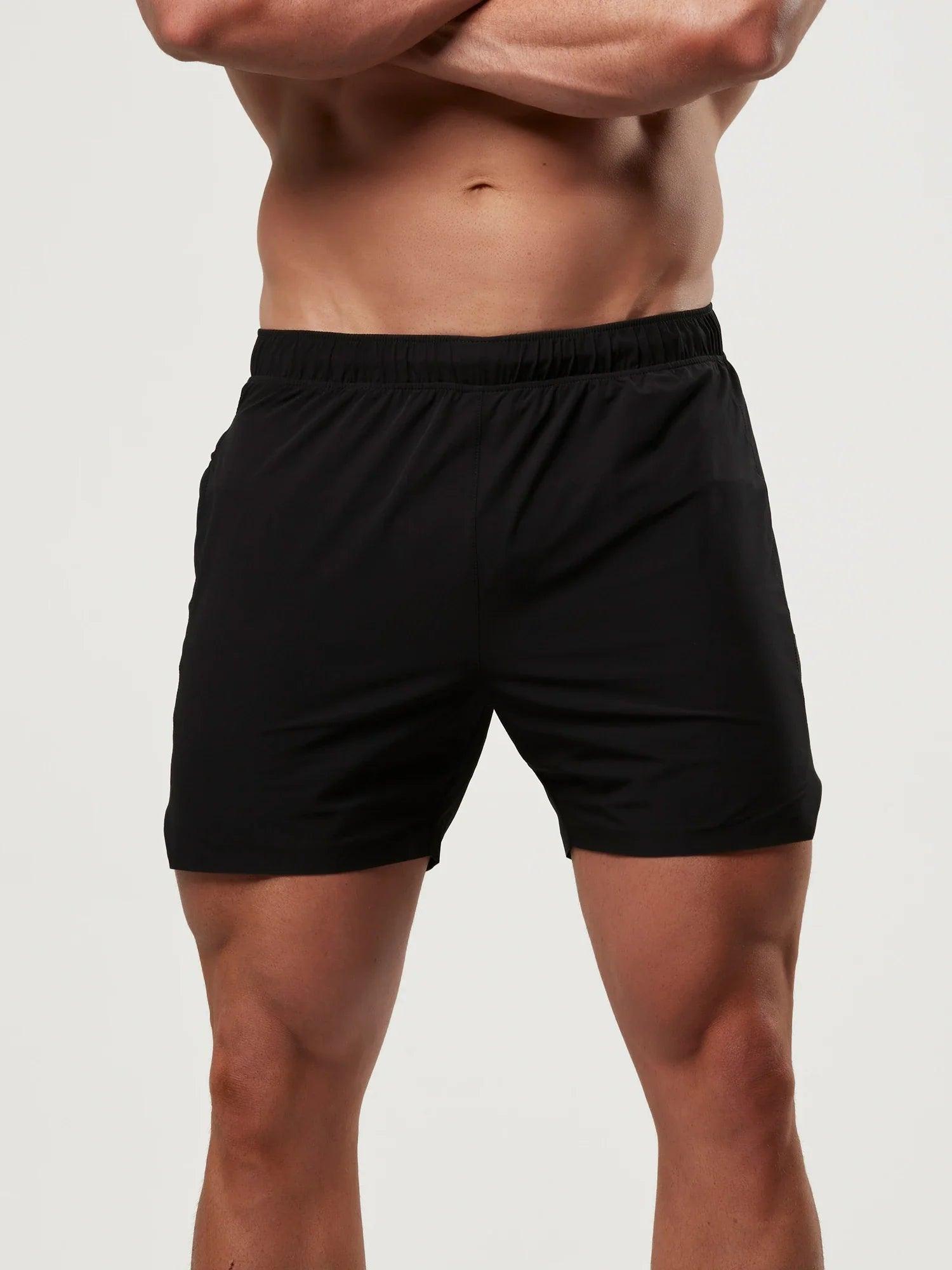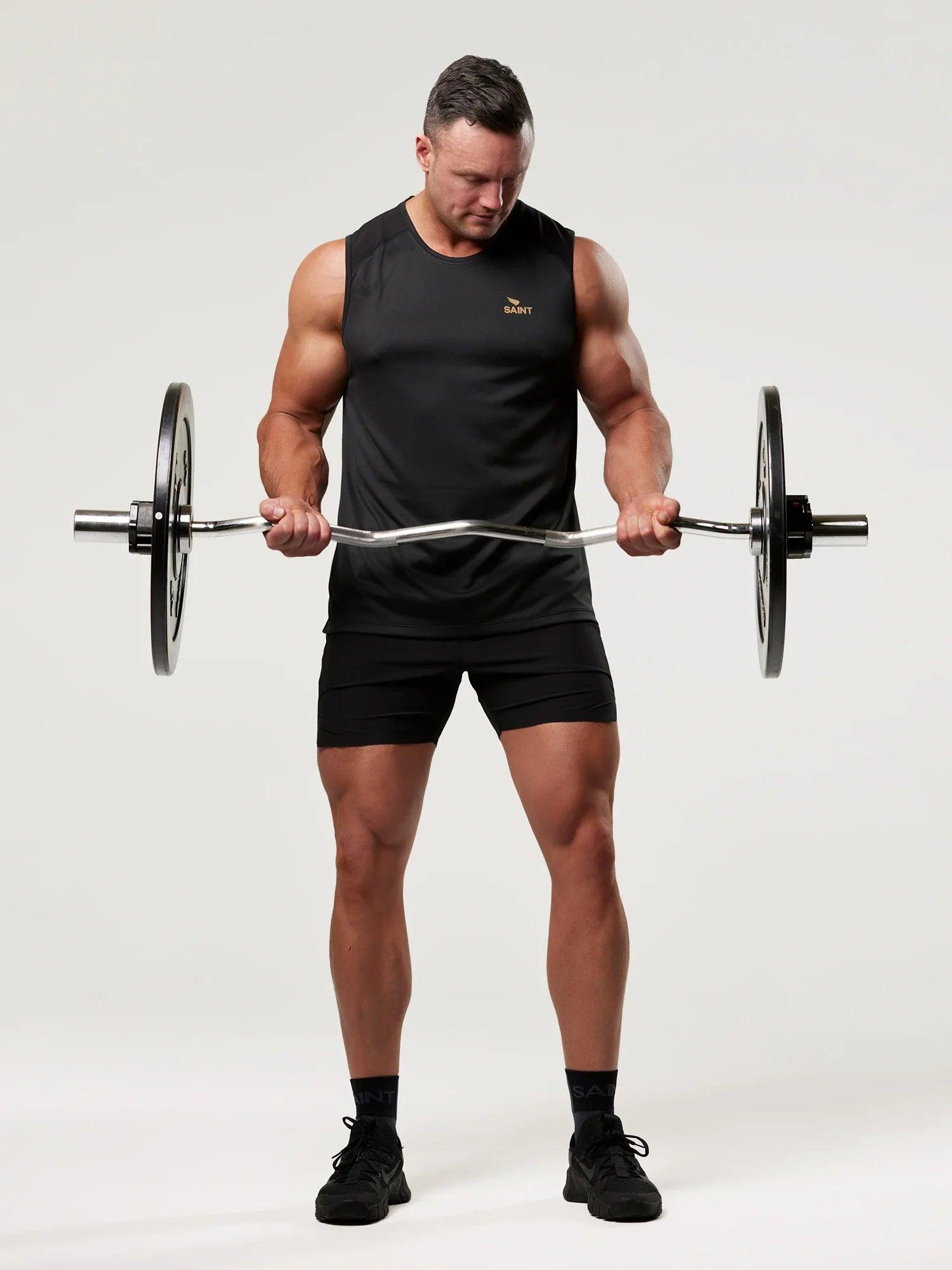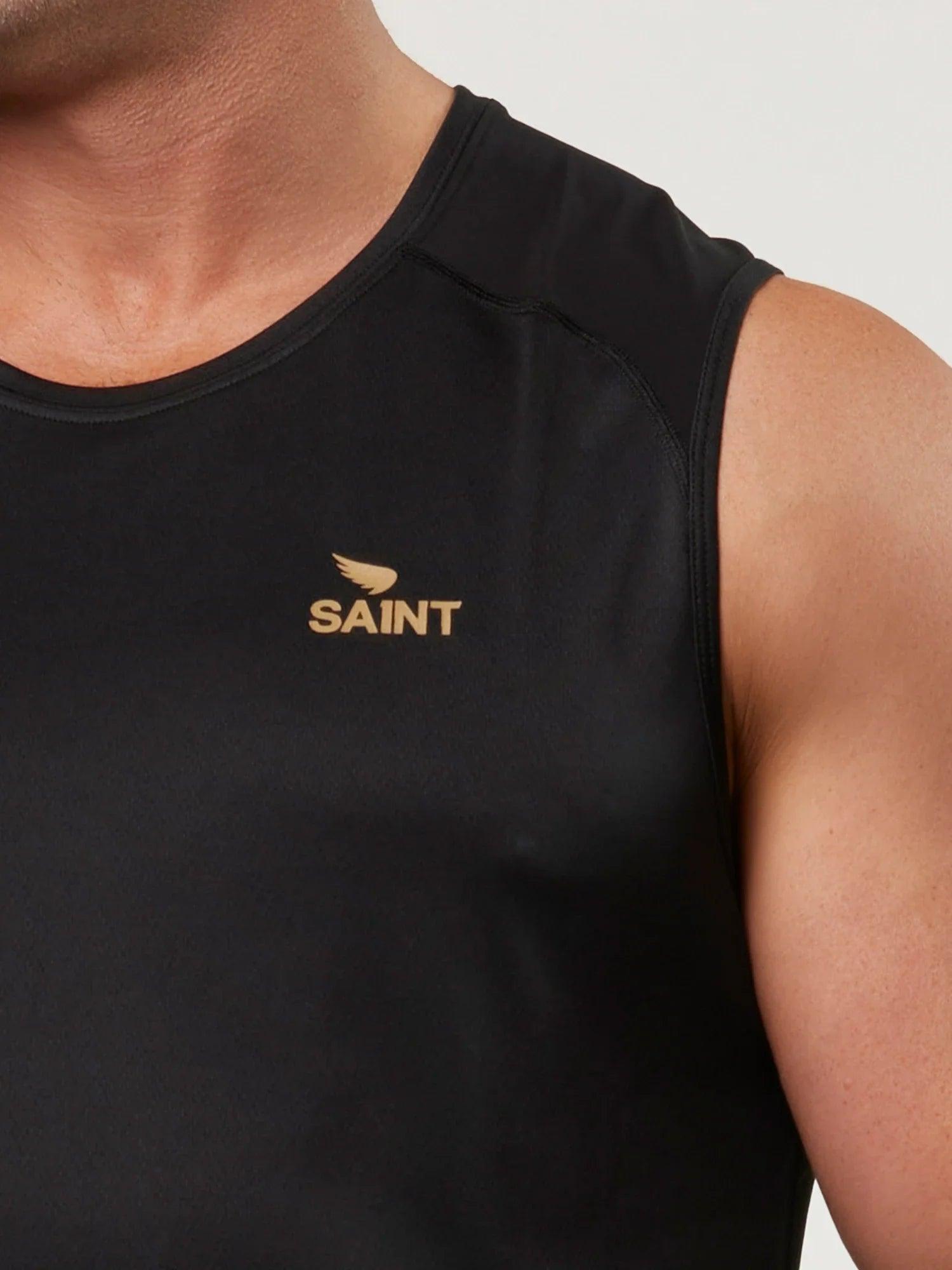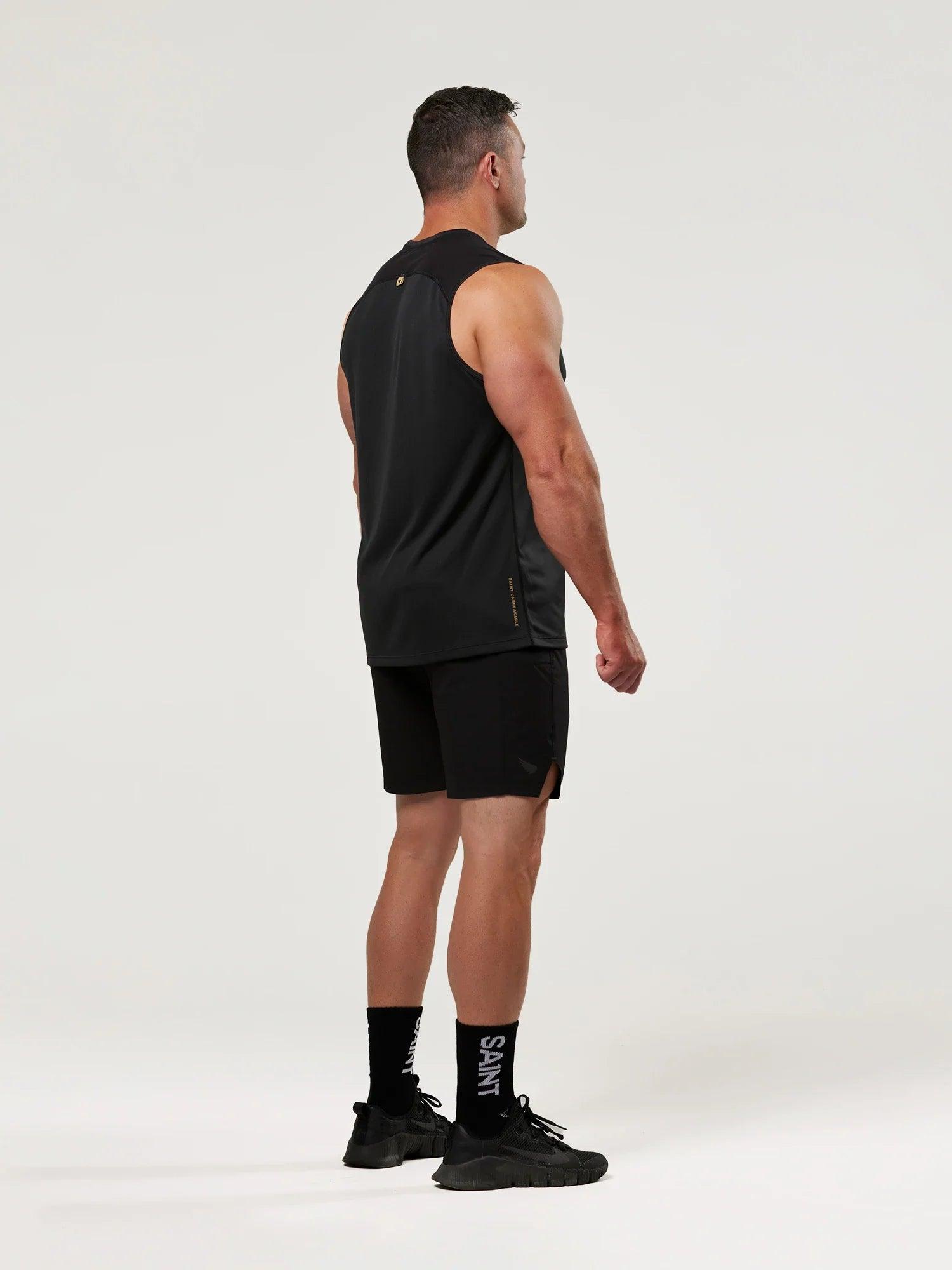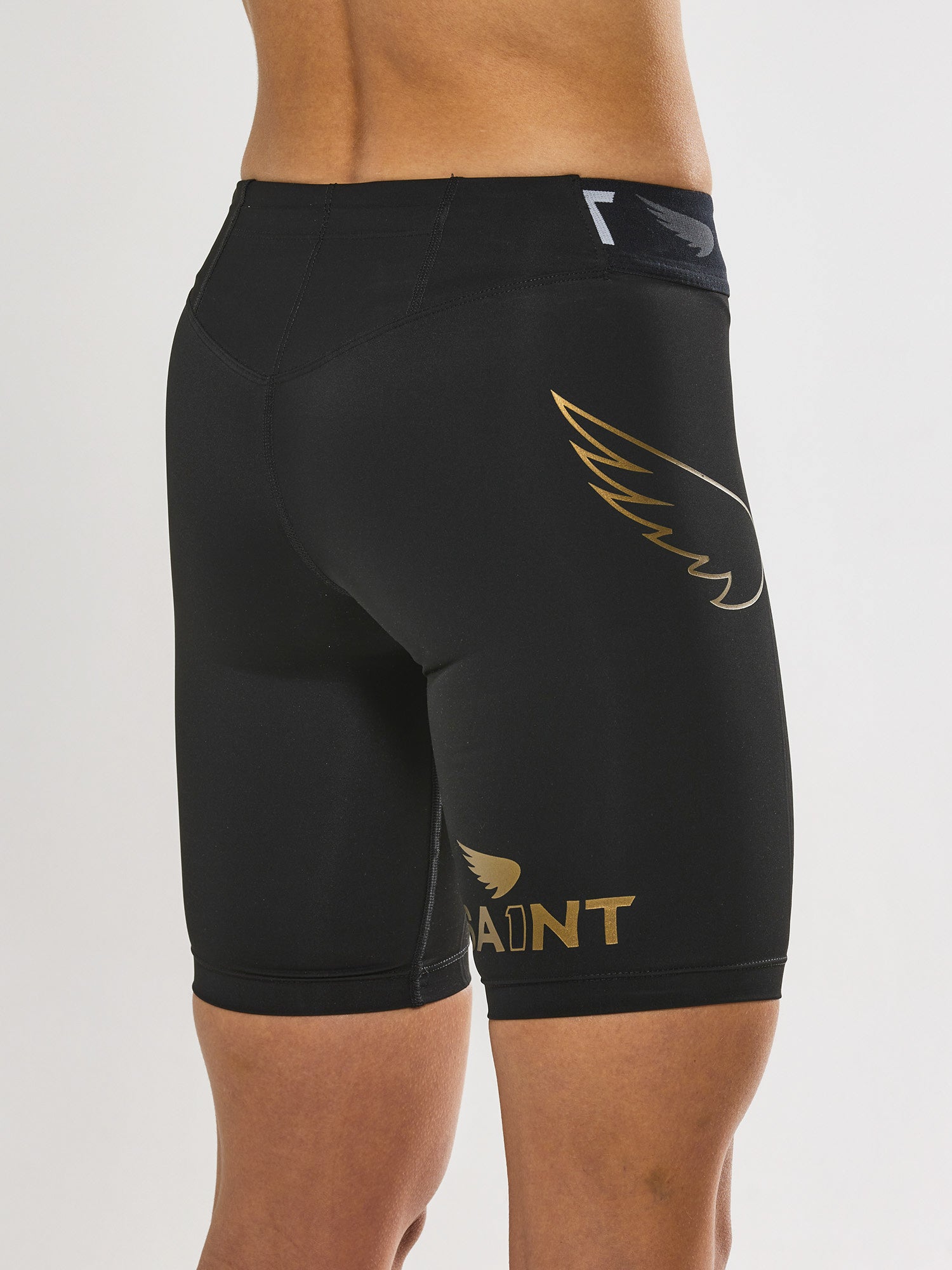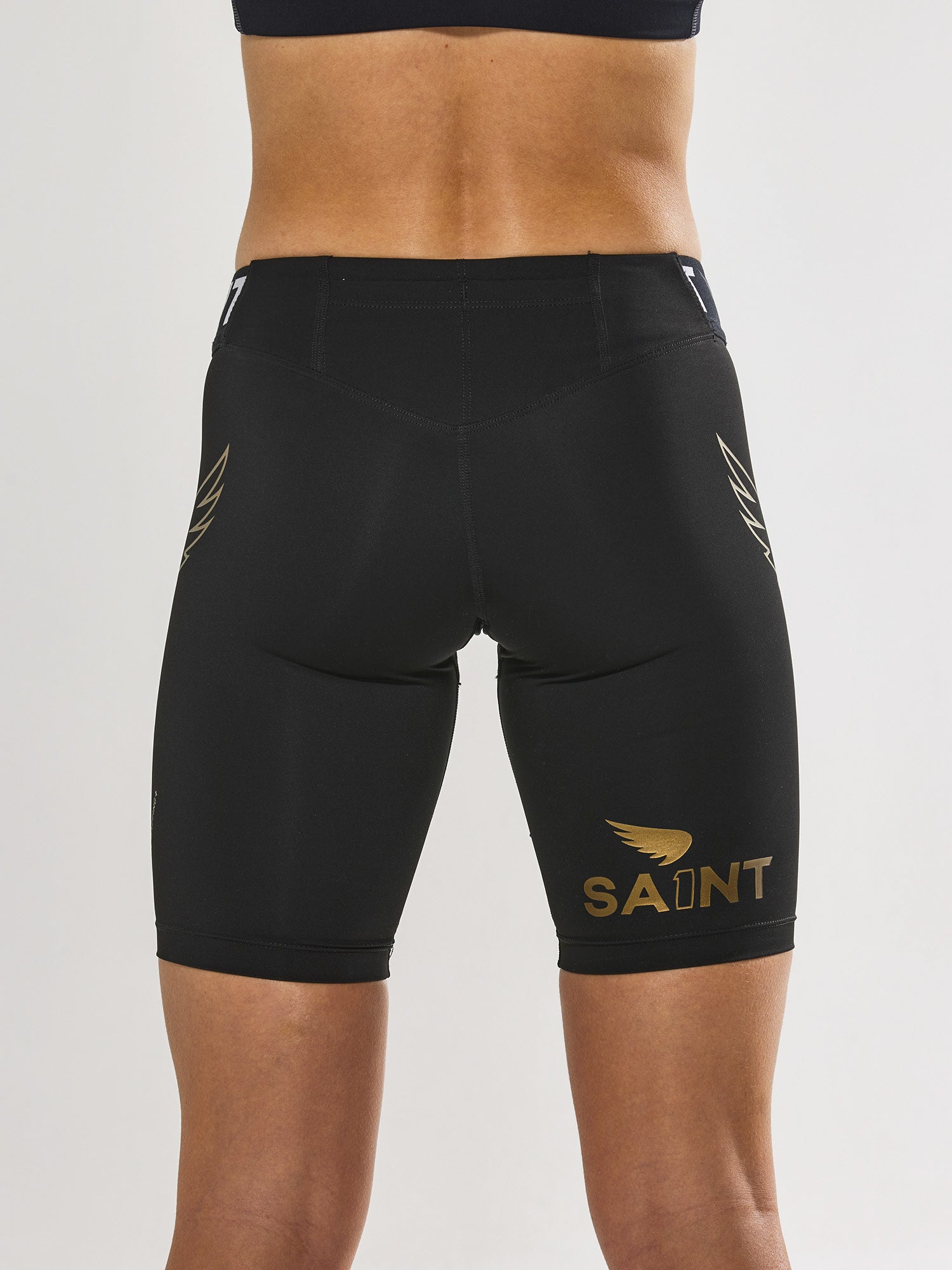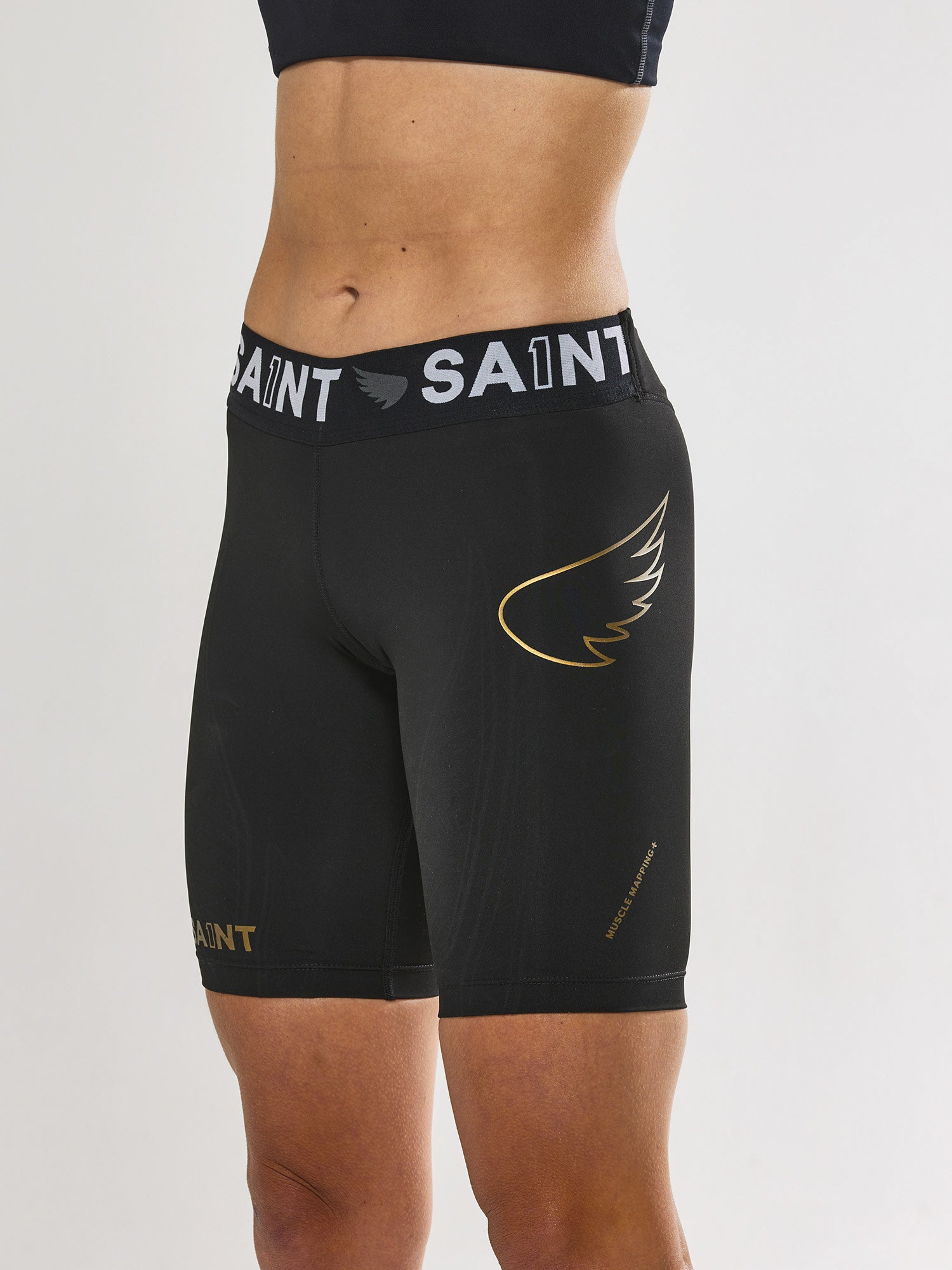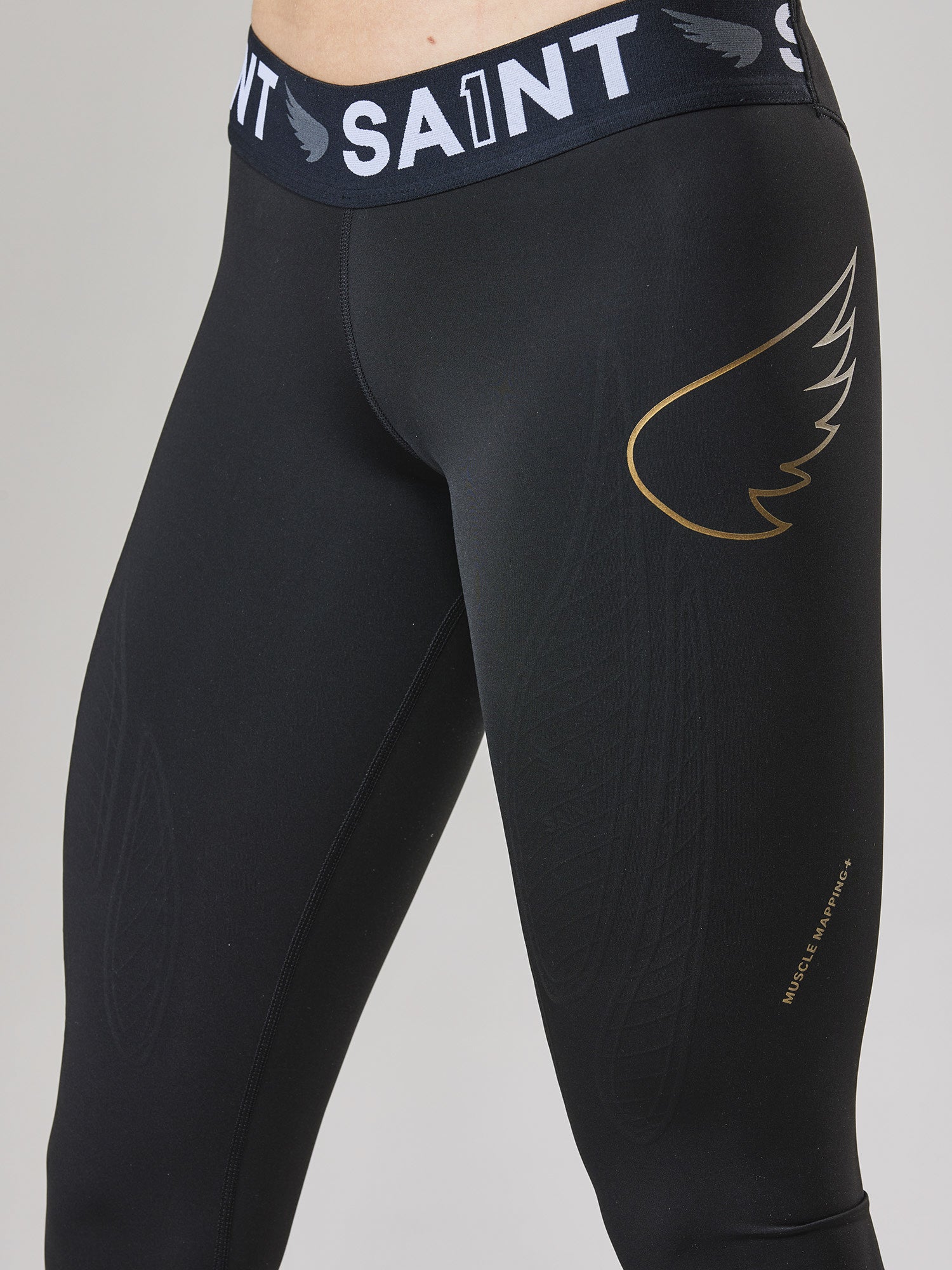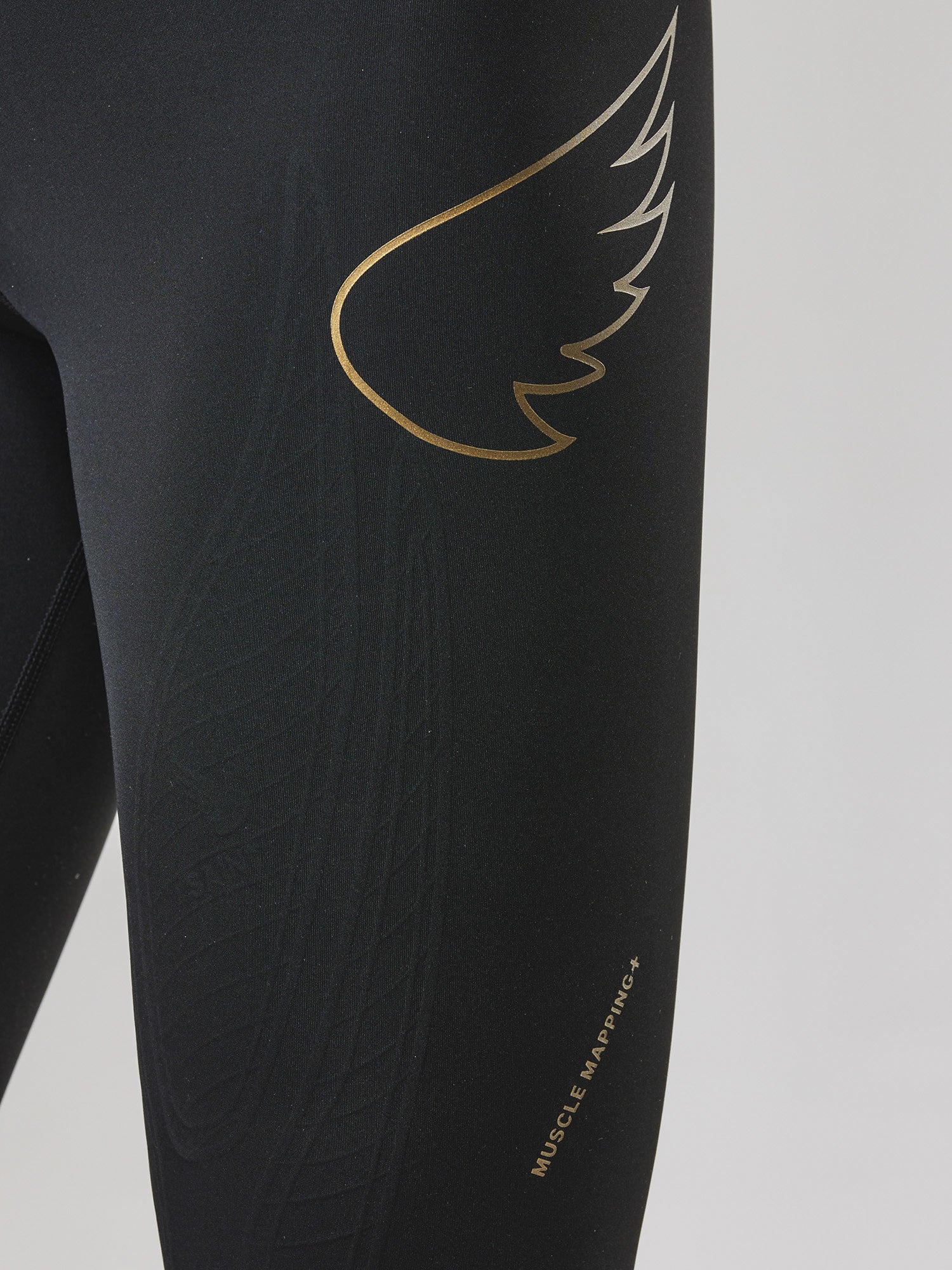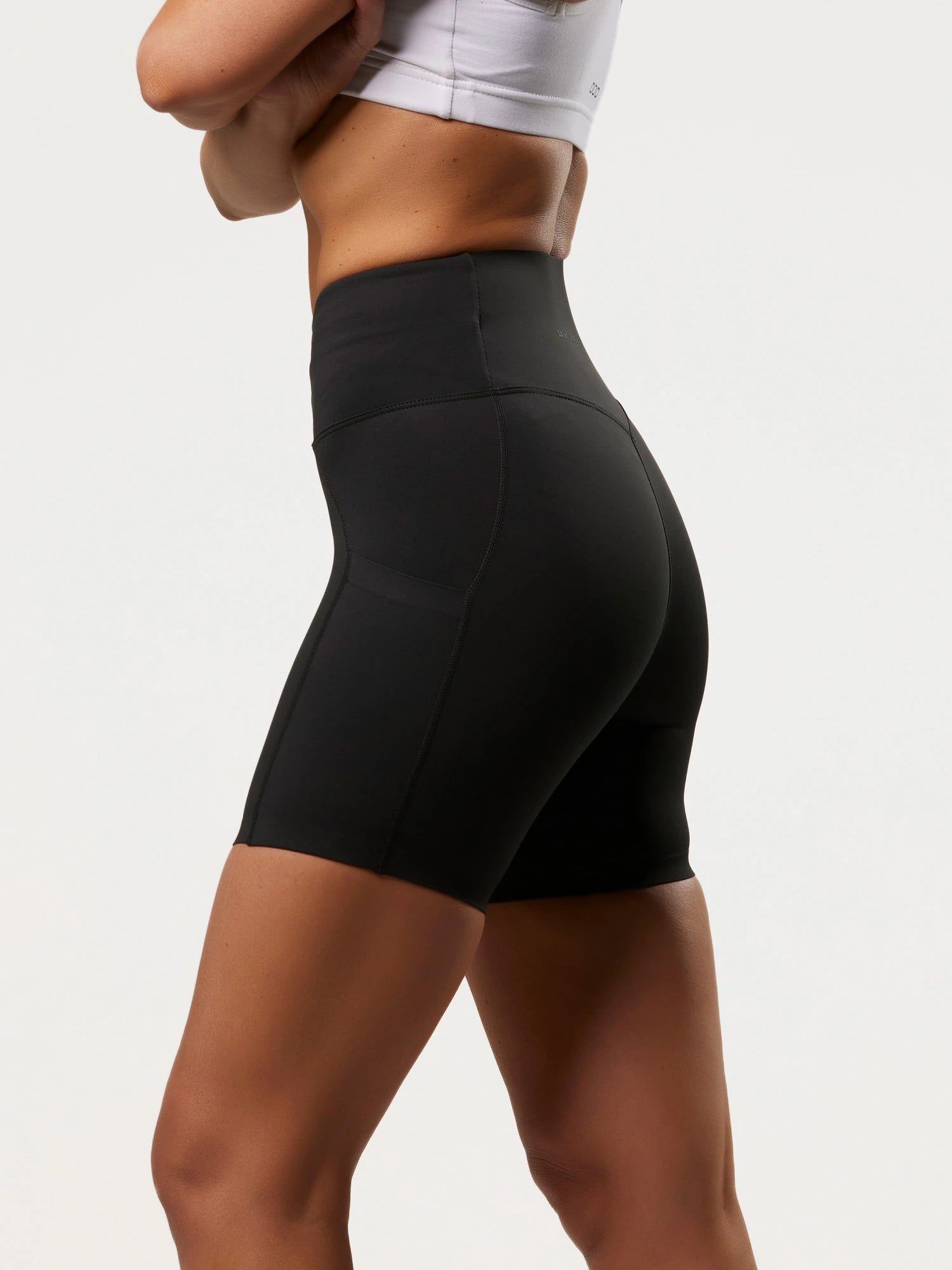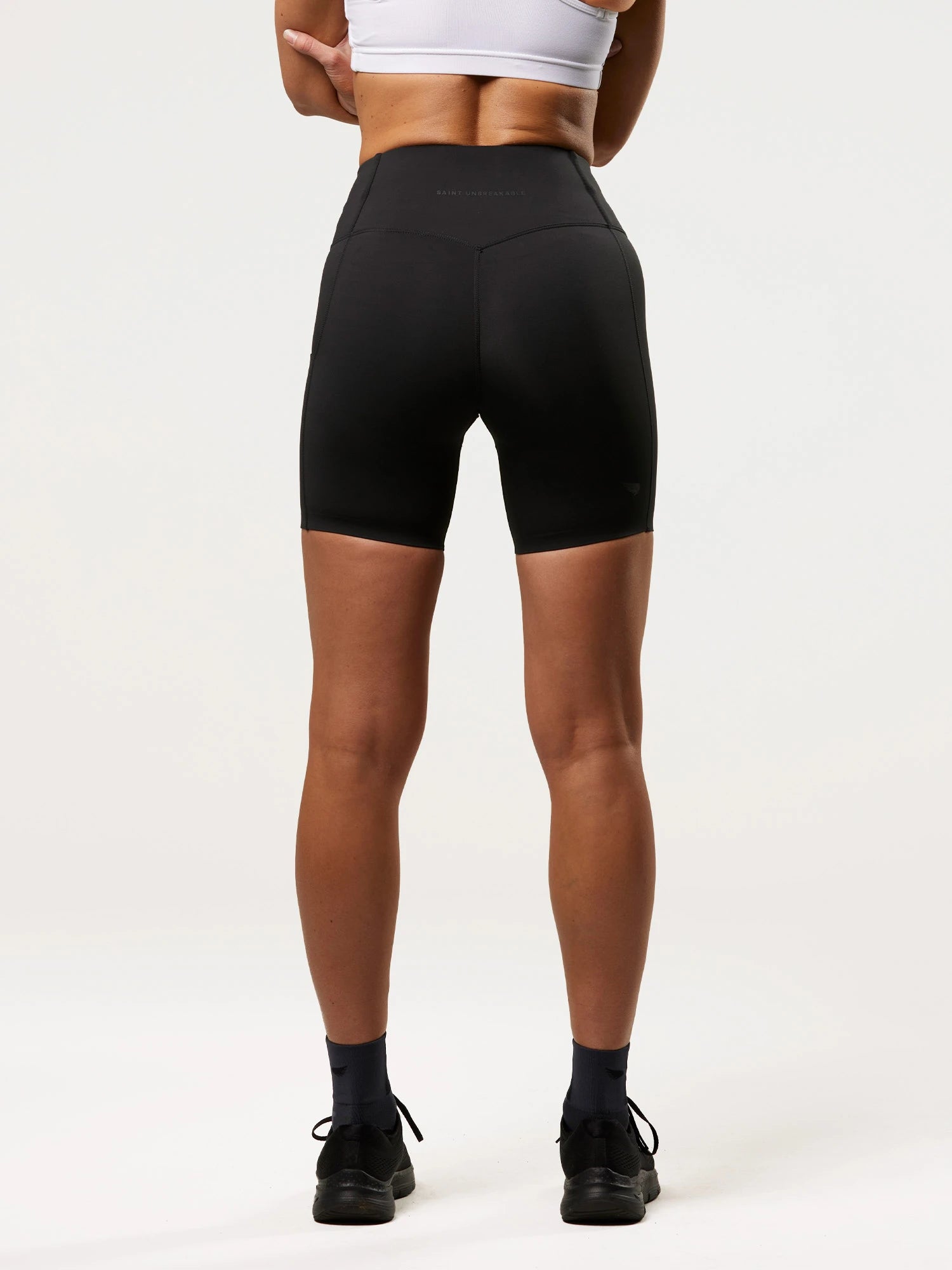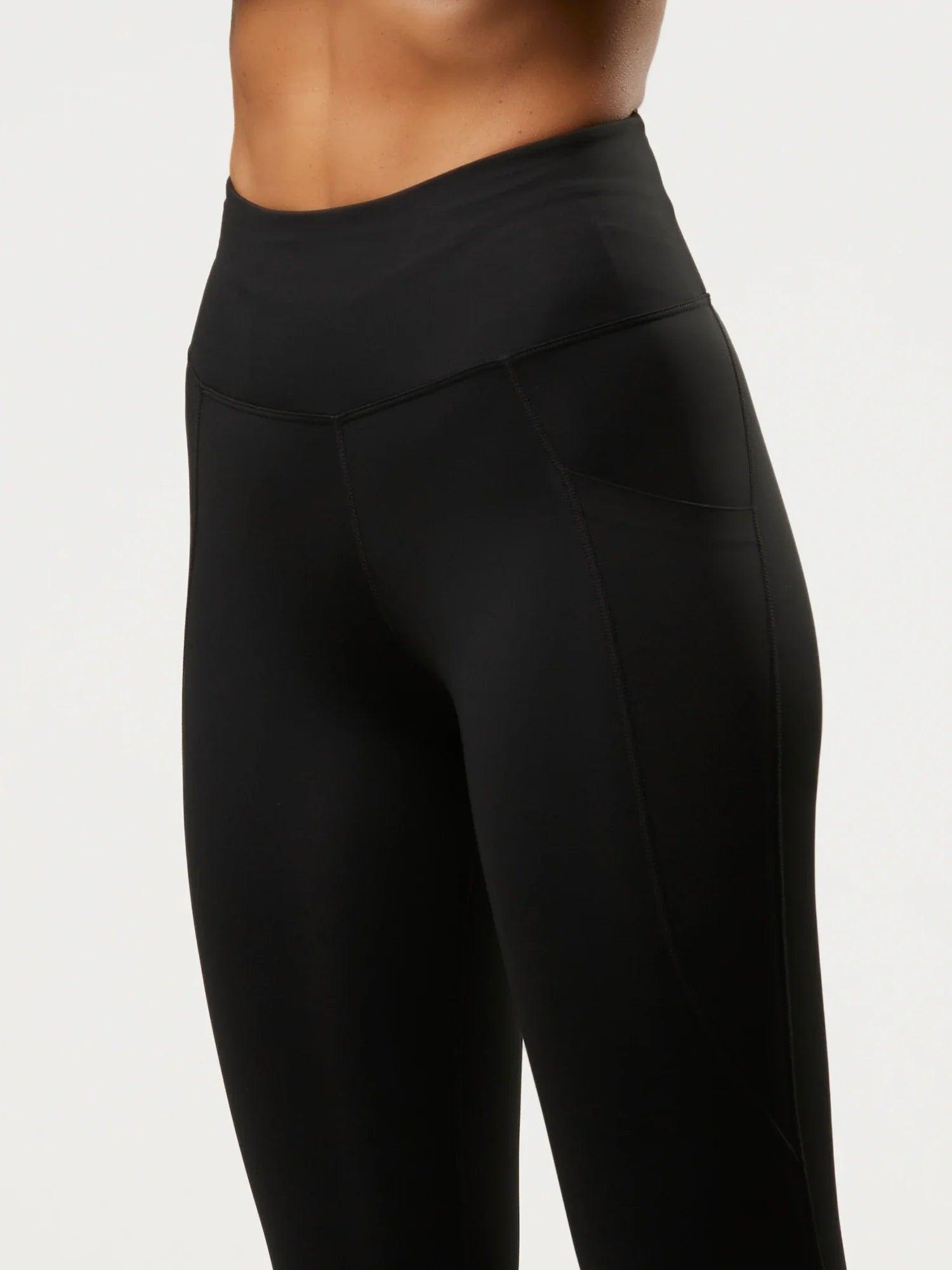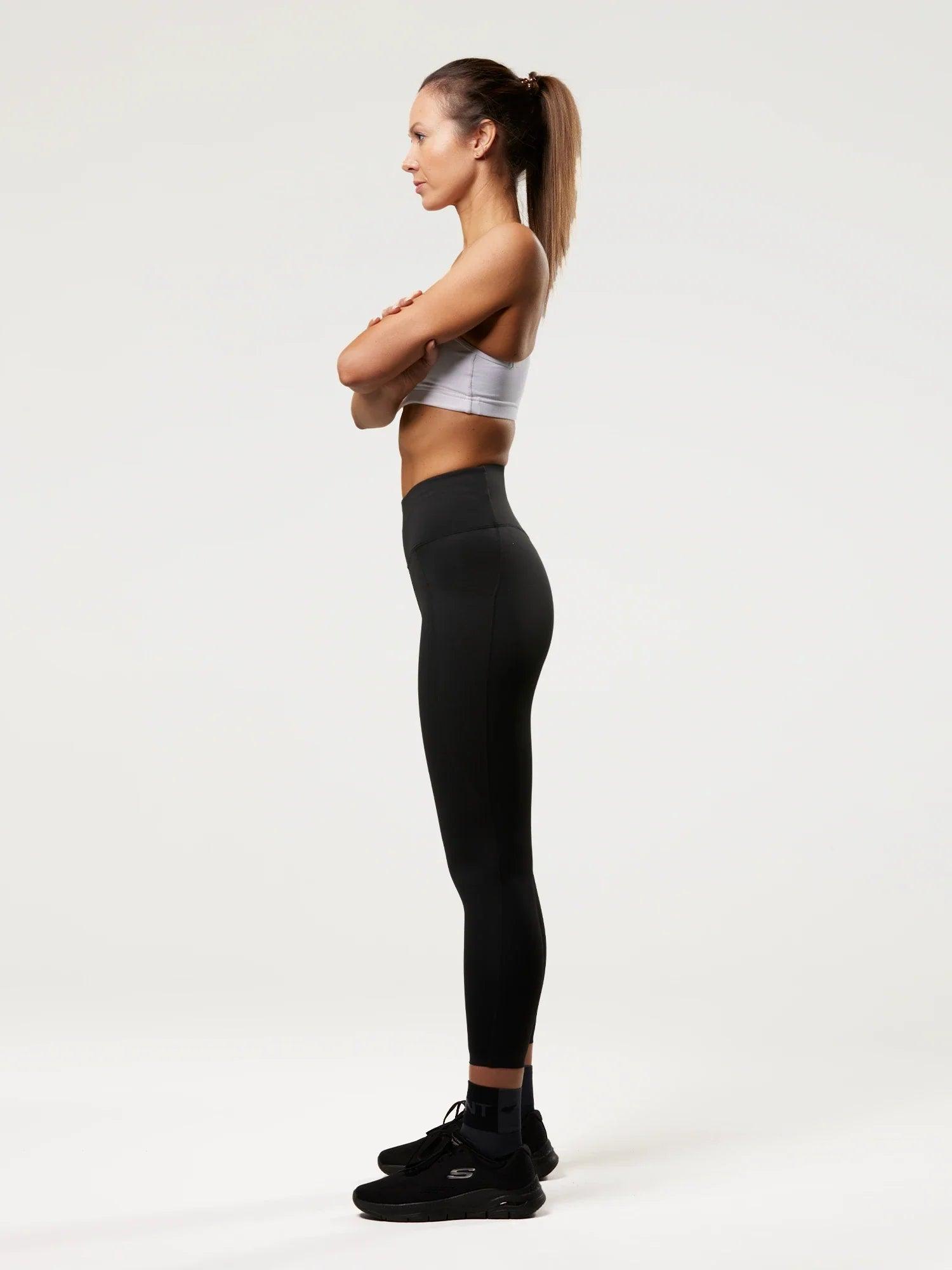We all want to get the most out of a workout, but figuring out the best foods to fuel your body can feel overwhelming in the internet age. There's just so much information out there!
That's why we've put together this quick guide to pre-exercise nutrition, so you can skip the bs and get ready for your next gym session the right way. We'll cover the types of food you should be aiming for, and a few examples of some optimal pre-workout snacks.
The Importance of Pre-Workout Nutrition
Nutrition and exercise go hand in hand. Expecting muscle growth without the right diet is like driving a car with no fuel.
As we exercise, our bodies burn through the energy levels that we replenish with food. When you exercise, and even in your daily life, your body burns through things like fats and carbohydrates in order to keep functioning.
So to keep our energy systems topped up, we need to put the right foods into our bodies. Of course it's a bit more complicated than that, but we won't bore you with the complicated terminology.
So when is the best time to have that pre-workout meal? Our bodies start to extract a little bit of energy from food after 15-30 minutes, but it really takes multiple hours to digest things like complex carbohydrates. We recommend eating 30-90 minutes before a workout. 30 minutes if you have a light snack, and closer to 90 minutes for a full meal to properly digest.
The Macronutrients: Carbs, Protein, and Fat
Macronutrients are the nutritive components of food that give our bodies energy. Here are the three main ones that we're looking for in good pre workout food:
Carbohydrates: Carbs is almost a dirty word in the fitness world, but they provide a ton of energy during a workout. Your body converts carbs into glucose for quick energy, and it also stores carbs as glycogen as a kind of energy reserve. This can help delay the onset of fatigue during exercise.
Protein: Everyone knows this one. Protein helps with muscle growth, so don't forget to have it! In order to build muscle, your body needs more amino acids than it loses, and protein helps with this balance. Protein can also repair muscles faster and speed up recovery.
Healthy fats: Yes, there is such a thing as good fats. Healthy fats help your bodies' endurance levels by providing it with long-lasting energy. Think of them as a sort of backup fuel that your body taps into during low to moderate-intensity long workouts. Unlike the quick energy of carbs, healthy fats use much less energy so you can keep going for longer.
Some examples of healthy fats are avocadoes, seeds, nuts and fatty fish like salmon.
Top Pre-Workout Foods for Optimal Performance
Here are some examples of pre workout meals to eat before your next training session:
Fruit with Greek yoghurt
This is a great combination because fruit is a good source of carbs and you also get protein from the yoghurt. The carbs in the fruit will give you quick energy, while the protein prevents muscle damage. Plus, it's nice and sweet without using lots of artificial sugar. So why Greek yoghurt in particular? It has almost double the protein, less carbs and half the sodium of regular yoghurt.
Trail mix
Nuts are high in fat, but it's one of those good fats that we talked about before. They're packed with plenty of protein and calories that are needed for putting on muscle mass. Just don't go and buy a packed that's coated with chocolate or yoghurt! If your goal is weight loss and not putting on muscle, stay away from trail mix.
Bananas
Bananas are truly mother nature's power bars. They're possibly the most popular pre workout snack, and for good reason. Loaded with carbohydrates and potassium, they support nerve and muscle function so you can smash out that next gym session.
Whole grain bread
Just one slice of whole grain bread is a great source of carbs, but that wouldn't make for a very exciting or balanced meal. Try adding a couple of hard-boiled eggs for some lean protein or spread some avocado over the top to spice things up.
Oats
Oats are a quick, easy meal that's rich in carbohydrates. Because they're high in fibre, oats release carbs gradually and thus energy levels are kept consistent throughout your entire workout. Oats are a favourite among those who like to train early in the morning.
Chicken, brown rice and vegetables
It's a classic for a reason. This go-to bodybuilder meal is the perfect blend of protein and carbs. Plus, the fibre in the vegetables helps with digestion. It's really more of a meal than a snack, but still a great option to fuel your next workout. Feel free to substitute the rice for sweet potato if that's your preference.
The Perfect Balance of Macros
You'll notice that most of the above meal recommendations strike a balance between fats, proteins and carbs. You should likewise do the same with your own diet. No matter what your fitness goals are, your intake of macros shouldn't be overly skewed towards any particular type.
As a general rule, you should get 45-65% of your daily calorie intake from carbs, 20-35% from healthy fats and 10-35% from protein. Your diet might look slightly different depending on your workout goals, but this is just to give you a general idea of what a balanced diet looks like.
Specialized Pre-Workout Nutrition for Fitness Goals
Not everyone has the same goals when they exercise. Here are some examples of specific foods that you can prioritise depending on your workout goals.
Building muscle: Try to eat a small meal about an hour before a weightlifting session. Avoid heavy meals that will sit in your stomach. Aim for a mix of protein and carbs in your pre workout snack. Some examples include:
- Whey protein
- Oats
- Egg whites
- Fresh fruit
- Chicken/turkey
- Wheat pasta
Weight loss
Eating for weight loss isn't easy. You need to give your body the energy it needs for exercise, but you still need to watch those calories. Try to eat lightly about 30 minutes before your workout, combing a complex carbohydrate with some lean protein. Here are some examples:
- A small serving of oats with raisins or berries
- A banana with nut butter
- A small handful of nuts
- An apple with peanut butter
- Half a cup of whole grain pasta or rice
Energy
If you don't have any specific goals and just want to smash out a workout, complex carbs are a great way to boost your energy levels. Here are some examples of high-energy foods:
- Bananas
- Greek yoghurt with fruit
- Oats
- Fruit smoothies
- Whole grain bread with eggs or some slices of lean meat
- Chicken with rice and vegetables
Hydration: The Forgotten Element
We've talked about what to eat before a workout, but don't forget about hydration! Staying hydrated before a workout will also provide your body with energy and help you focus on smashing out a gym session.
Healthy hydration levels helps your body to function efficiently and keep up your energy/motivation. It also has an effect on your cognitive function. Feeling dehydrated can sometimes make you feel a bit slow and unmotivated, so don't forget to keep those fluids up.
Conclusion
Fuelling your body with the right stuff is the best way to get the most out of your workouts. The things we eat can affect our energy levels, ability to grow muscle and overall endurance, so choose wisely when deciding on that pre workout snack.
Keep up with SA1NT for fresh nutrition tips and workout advice.
Are there any specific recommendations for pre-workout snacks or meals for different types of workouts, such as cardio, strength training, or endurance exercises?
So are there any specific recommendations for pre-workout snacks or meals for different types of workouts, such as cardio, strength training or endurance exercises? Here are some examples of the right foods for different workout types: Strength training: Protein shake, oats, egg whites, fresh fruit, wheat pasta and chicken/turkey. Cardio: Oats, whole grain bread, yoghurt, smoothies, trail mix, chicken and turkey. Endurance: Complex carbohydrates like brown rice, wheat pasta, oats and sweet potato. Bananas, energy bars and legumes are also good foods for endurance training.
How does pre-workout nutrition impact post-workout recovery and muscle soreness? Are there foods that can help reduce recovery time?
How exactly does pre-workout nutrition impact post-workout recovery and muscle soreness? Are there foods that can help reduce recovery time? Carbs consumed before exercise can replenish glycogen stores in your muscle and liver, which are your primary energy sources during exercise. Having adequate glycogen stores can delay fatigue and support a longer workout, potentially reducing muscle soreness caused by overexertion. Protein can also help your body recover by providing essential amino acids, which help with muscle repair and growth. So high-protein foods also have the potential to reduce post-workout muscle soreness. Here are some examples of meals that are rich in both carbs and protein, and will help your body recover quickly: Chicken with brown rice/sweet potato and vegetables Fruit with Greek yoghurt Whole grain bread with boiled eggs
Can you explain the role of hydration and electrolytes in pre-workout nutrition, and how it affects exercise performance?
Here is a brief explanation of the role of hydration and electrolytes in pre-workout nutrition, and how it affects exercise performance. Hydration doesn't just stop you from feeling thirsty. It plays a key role in body function and therefore in exercise. Staying hydrated helps control your temperature, provides energy to your body, prevents fatigue and stops you from overheating. Electrolytes are minerals in your body like sodium and potassium that help muscles and nerves work properly. When you exercise, you lose these minerals through sweat. Replenishing them with something like a sports drink can not only help prevent muscle cramps but also boost your workout performance.





